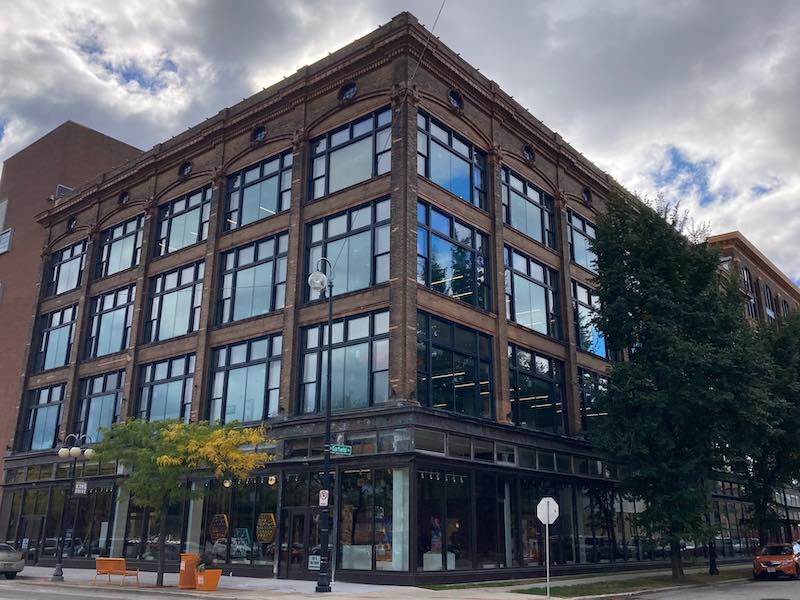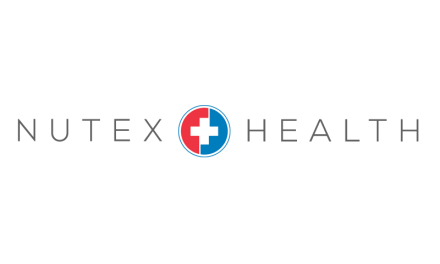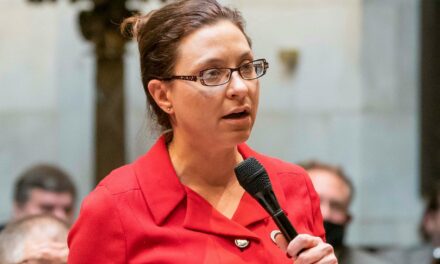
ThriveOn King opens

A community hub aimed at ending disparities in central city Milwaukee is open.
The Medical College of Wisconsin, the Greater Milwaukee Foundation and Royal Capital developed ThriveOn King, which is located at the nexus of the Harambee, Bronzeville and Halyard Park neighborhoods.
“It’s going to connect people from all walks of life,” Greater Milwaukee Foundation CEO Greg Wesley said at a Tuesday open house. The building will house the foundation on its fourth floor.
Wesley said they put the “voice” of the neighborhoods’ residents at the center of their work. They also created an anti-displacement fund intended to make sure that residents who want to stay in the area can as property values increase.
About 10 MCW institutes and centers will have a presence on the building’s second and third floors, including the Institute for Health and Equity, the Comprehensive Injury Center, the Center for Advancing Population Science and the Center for AIDS Intervention Research. ThriveOn King will also be home to a training program that aims to boost the number of doctors who choose to practice in Milwaukee and care for underserved and at-risk populations.
MCW CEO Dr. John Raymond said they began discussing the project following unrest in the city’s Sherman Park neighborhood in August 2016. They identified the site in 2019, and construction started in 2022.
“The idea grew into something bigger and better than we ever thought it would be,” he said.
The renovated former Gimbels-Schuster’s department store includes a Malaika Early Learning Center campus, workforce development program JobsWork MKE and Kinship Café.
Versiti’s 10th fixed blood donation center in the state is in the building as is a community resource center. CEO Chris Miskel said they’ll do their eight-week, front-line phlebotomy training for workers there too.
“We have a long-term commitment to be here,” he said.
Royal Capital CEO Kevin Newell said they have a goal of opening about 90 units of mixed-income housing at the site in January.
Overall, the project has cost around $125 million.
Newell described ThriveOn King as a “demonstration for what we can do as a community, collectively.”
“It’s really helping us to kind of move that needle in a very intentional fashion,” he said.
This article first appeared in the Wisconsin Health News daily email newsletter. Sign up for your free trial here.





